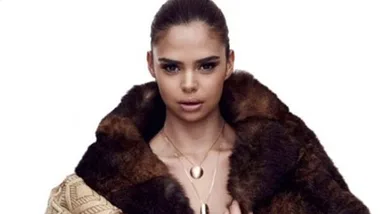This month, we’ve watched America in flames and seen that Australia’s record on race is little better.
Aboriginal and Torres Strait Islander people are the most incarcerated people on earth, making up just three per cent of the population, but 28 per cent of prisoners. And the gap between Indigenous and non-Indigenous Australians in health, education, housing and employment remains unresolved.
In 2017, after a massive national consultation amongst First Nations Australians, the Uluru Statement from the Heart was released.
With this eloquent document in mind, we asked four prominent Indigenous media commentators how recent events have made them feel from their place in journalism and society.
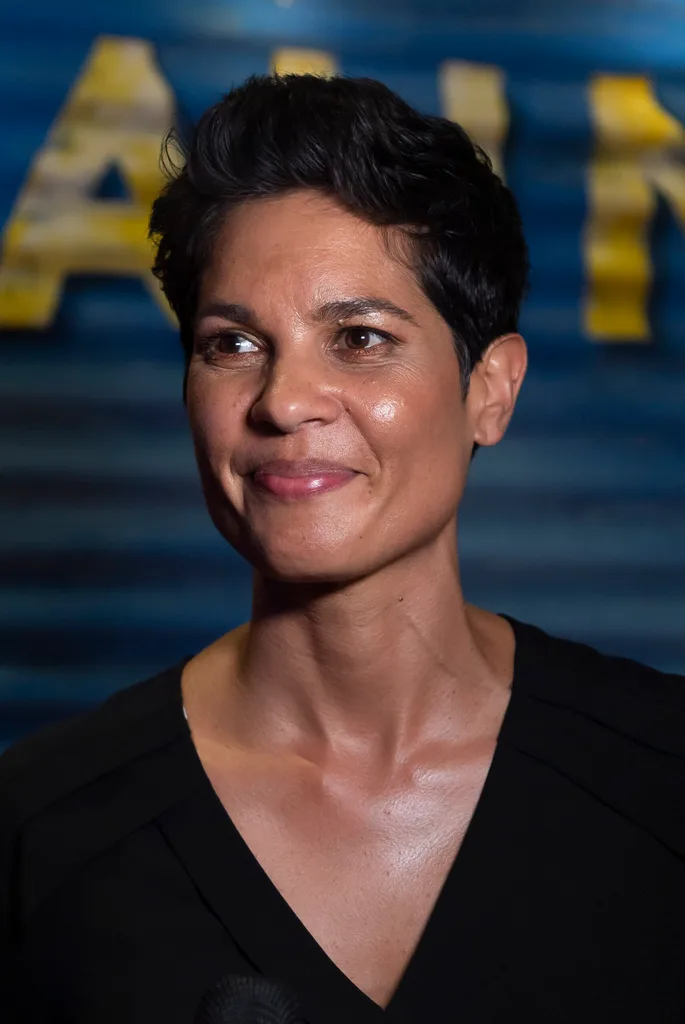
Narelda Jacobs, presenter and reporter for Studio 10 and 10 News First.
(Getty)Narelda Jacobs
“My heart has bled as I’ve watched events unfold in the US and at home in Australia. I’ve shed tears at the gut-wrenching scenes in America and shed many more as some Australians denied the same injustice was happening here.”
“Along with grief, anger and dismay, I’ve also felt overwhelming hope. The Black Lives Matter rallies around the country saw respectable, reasonable and selfless Australians stand in solidarity.”
“Tens of thousands making a conscious, calculated decision to show Aboriginal people they care and will walk together to create a better future.”
“As Australians, we owe it to each other and our nation’s future to educate ourselves. The onus shouldn’t be on Indigenous people to prove we are discriminated against.”
“The proof of racial profiling is all around us. I challenge Australians to observe the way others are treated and ask themselves whether race plays a role.”
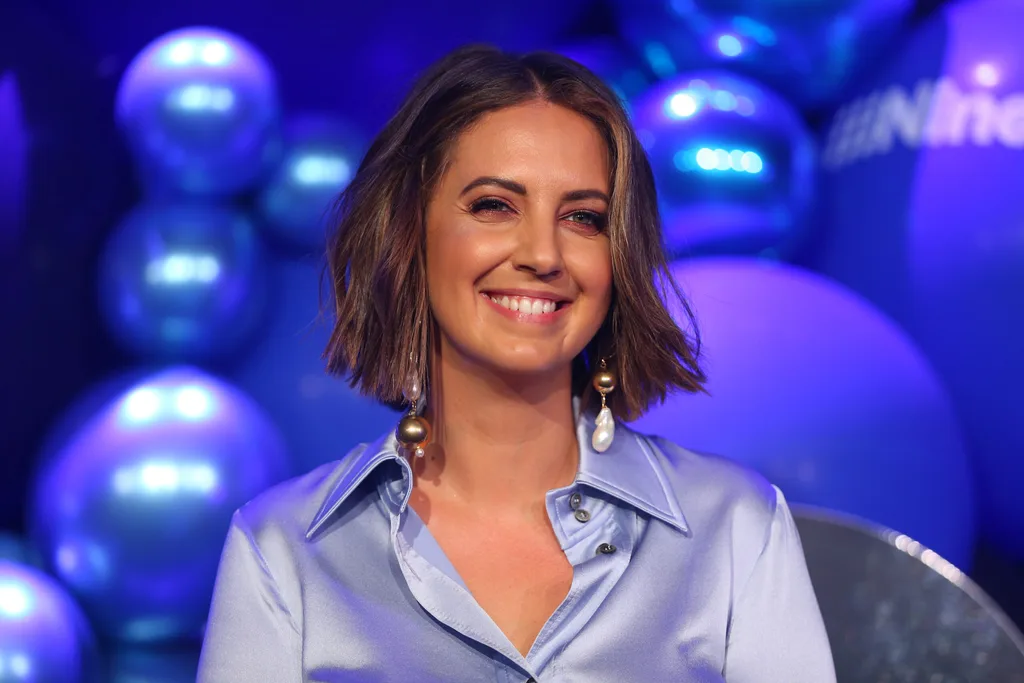
Brooke Boney is an entertainment reporter for Channel 9’s Today show.
(Getty)Brooke Boney
“The Uluru Statement speaks to the heart of what it means to be human – to be in control of one’s own destiny.”
“There is a lot of dignity in self-determination, and when this statement was issued to the Australian people, it was intended, as Professor Megan Davis so eloquently put it, ‘as an invitation to walk with Aboriginal and Torres Strait Islander peoples in a movement of the Australian people for a better future.'”
“When we move through a genuine reconciliation process, we will all be more free and this will be a unifying moment for every Australian. The Uluru Statement from the Heart lies at the heart of what it means to be Australian.”
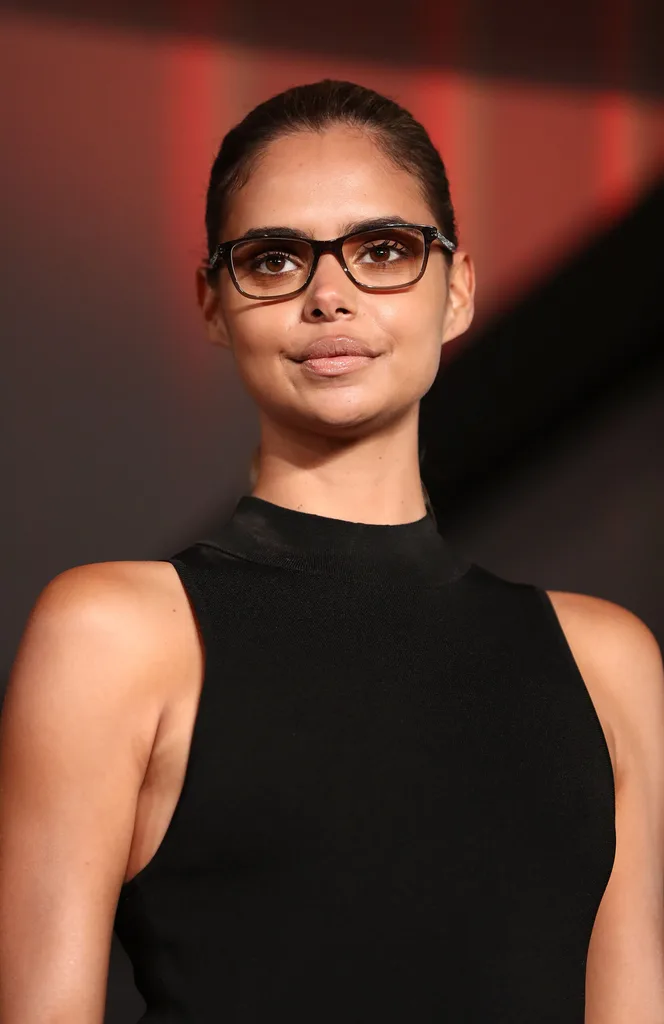
Samantha Harris has been a David Jones fashion ambassador alongside Megan Gale and Miranda Kerr.
(Getty)Samantha Harris
“I’ve felt mixed emotions of anger and sadness watching these events unfold in the media. What happened to George Floyd and what is happening in America as a whole highlights minorities being fed up with how they are treated, especially by the police.”
“It has also made me think about our own country and what my people have historically dealt with on a daily basis, with the numbers of deaths in custody continuing to rise and mistreatment by law enforcement being a constant threat.”
WATCH BELOW: Brooke Boney comments on Netflix’s removal of Chris Lilley’s television shows from their streaming platform. Article continues after video.
“We think of law enforcement as a way of protecting all people against injustice, but we need to work harder to provide this without prejudice. It just makes me very saddened that, in 2020, racism and unjust treatment of minorities continues.”
“I hope this pushes more people to educate themselves and change their mindsets of racism. There is only one human race and we need to push education further to create this unity.”
“I would love racism to be a thing of the past and not part of our future.”
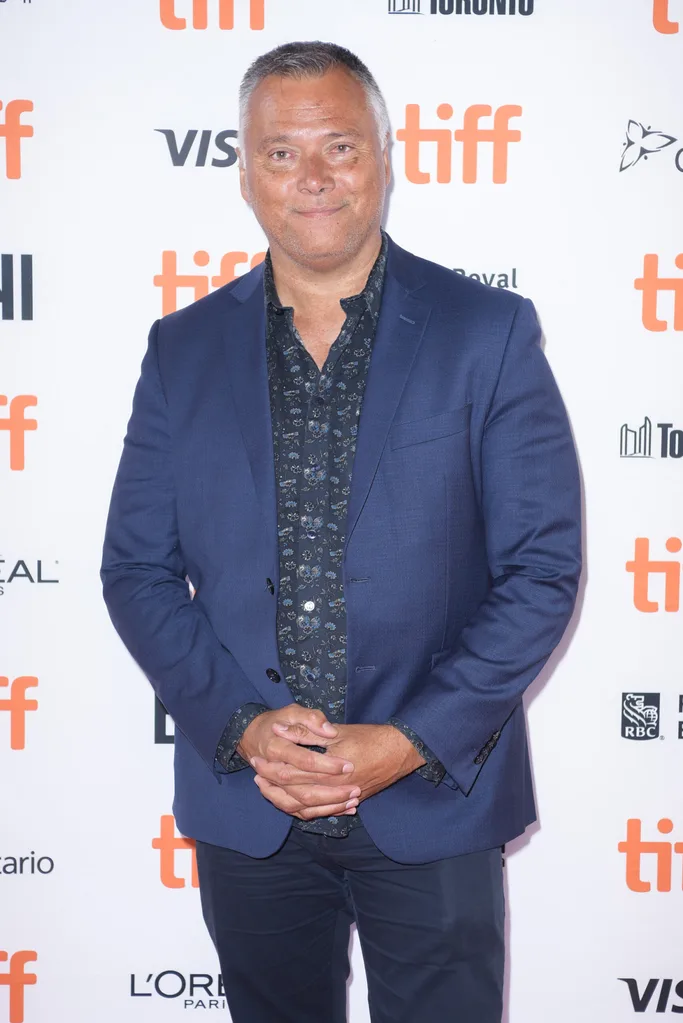
Stan Grant is an Aussie journalist, author and filmmaker.
(Getty)Stan Grant
“There are great dreams in our world, dreams of perpetual peace, dreams of freedom and liberty. These dreams are the dreams of democracy but democracy is failing.”
“Around the world it is crumbling in the face of rising authoritarianism. It is being hollowed out and corrupted and we are losing faith.”
“The Uluru Statement should be a cry for the soul of democracy; to rescue us from the weight of history. It will not be silenced. Will Australian democracy be big enough to hold us all? It is the test of our age.”
Read these and more viewpoints on the landscape of Australian society in the July issue The Australian Women’s Weekly, on sale now.
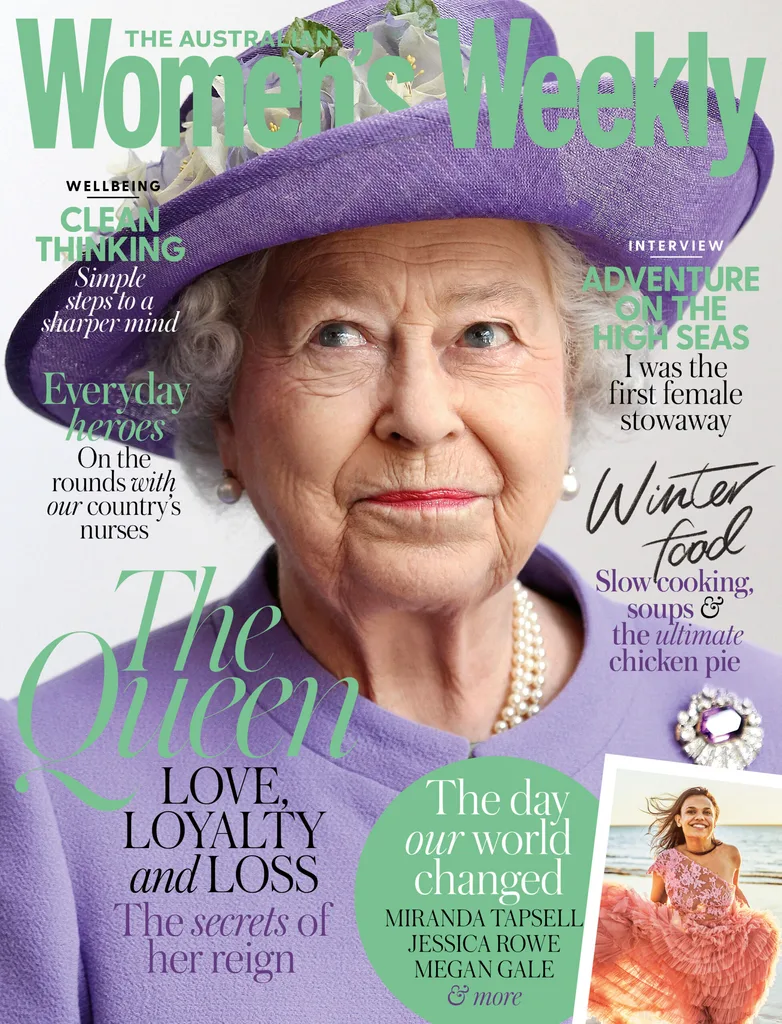
.jpg?resize=380%2C285)
